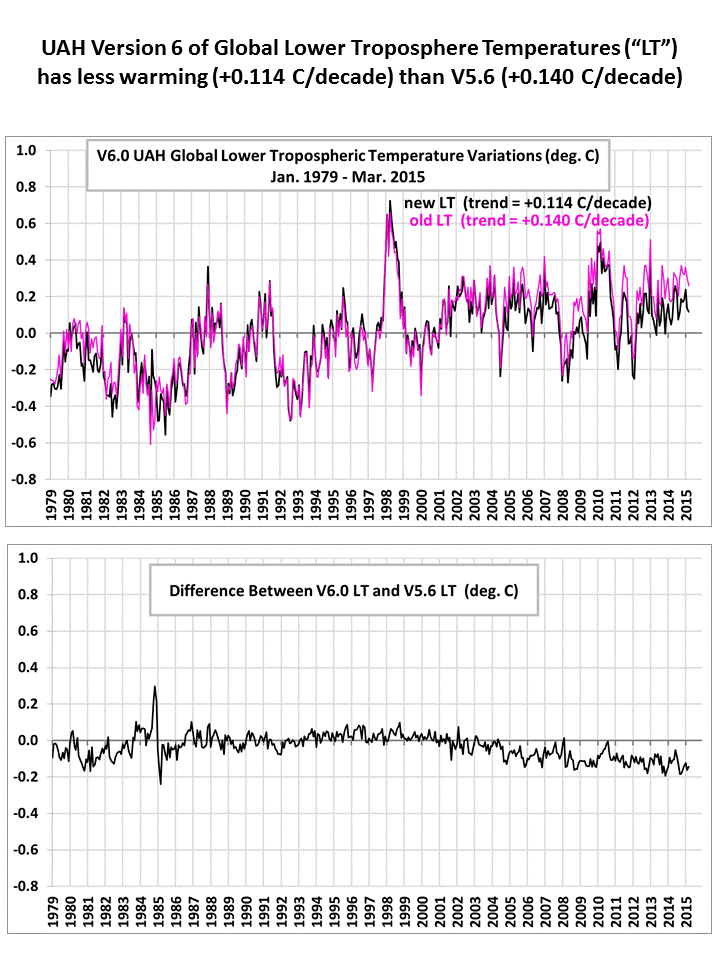Originally posted by Starlight
View Post
Interestingly, the Methodist Church of Great Britain is decidedly more conservative in their views toward abortion than is the United Methodist Church here in the U.S. which runs counter to your statement that it is American churches which are mostly responsible to the resistance to abortion in Protestant churches in the rest of the world. The same with the Church of Scotland and the Anglican Church as compared to the pro-abortion Presbyterian Church (U.S.A.) which essentially sees abortion on demand as acceptable.






 Seriously, did really trust these idiot blogs you link us to?
Seriously, did really trust these idiot blogs you link us to? 








Comment